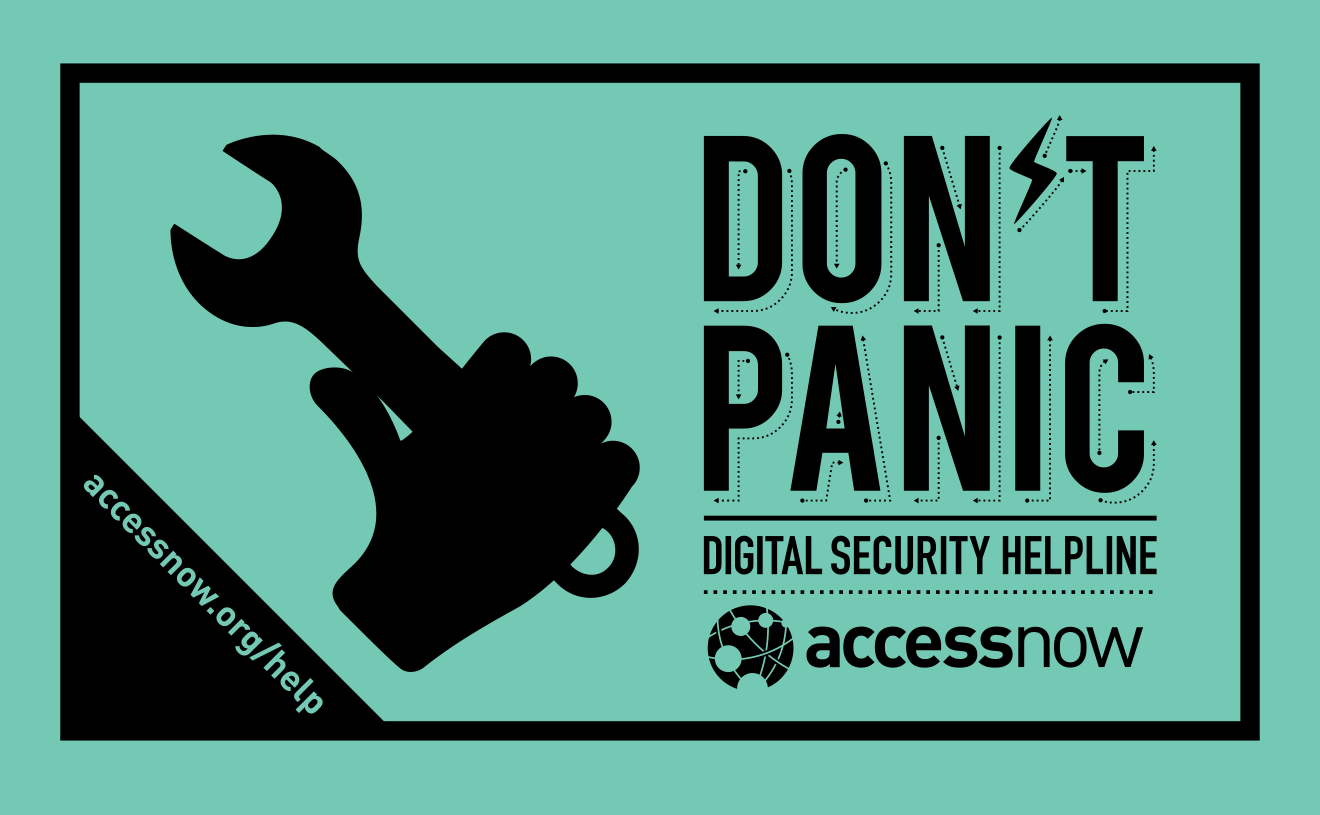Whether you’re a human rights activist, businessperson, government official, technologist, or academic, digital security matters. It’s even more important in a world where your security is at heightened risk when you cross borders, and anytime you connect to airport wifi or use your devices in other countries.
As members of the global community that defends human rights in the digital age, it’s vital that we not only protect our own data, but also the networks and communities we work with.
As you make your way to RightsCon in Brussels on March 29-31, be sure to review your travel itinerary and assess your own risk while traveling. The following general tips will be useful for most travelers, but if you have more specific questions, please reach out to Access Now’s Digital Security Helpline. We’re here to help you.
- Minimize your data.
You can do this either by not bringing some devices with you, by bringing a travel-focused “clean” device (or renting one), or by safely deleting data from your devices before you leave. Even when you think files are gone from your device, they might still be recovered. Therefore, if you have sensitive documents, you should follow experts’ advice on removing files from Windows, Mac or Linux operating systems.
The best way to prevent the loss of your data due to a stolen, lost, or crashed device is to back it up. You can create local backups and leave them in a secure place, or choose a cloud provider to back up your information.
In case you lose physical control of your device, or it is seized, you can make it more likely your data stays secure with full disk encryption when the device is powered off. Remember to combine strong encryption with strong passwords.
- Install a VPN client or Tor.
It’s always good to have a VPN client or Tor available when you are traveling to protect your network traffic on insecure networks, like at airports or hotels. RightsCon will have a public network available and it will be an excellent opportunity to put a VPN to use.
Two-factor authentication for your accounts ensures that even if your password is compromised, your account will still be protected. Always try to use the app-based two-factor authentication rather than SMS-based authentication. That way, you can access your accounts even if you do not have cellular service. Don’t forget to print out a few one-time passwords to keep in your wallet in case you are separated from your cell phone.
- Once you arrive at RightsCon, feel free to bring any digital security questions or issues you may have to the Digital Security Clinic.
The clinic is run by Access Now’s Digital Security Helpline staff in conjunction with other partners. The clinic will run throughout RightsCon for all your digital security needs.
- Check out these other helpful resources.
- EFF U.S. border crossing guide (2017) by the Electronic Frontier Foundation
- Surveillance Self-Defense by the Electronic Frontier Foundation
- The Digital First Aid Kit by the Rapid Response Network
- Security in a Box by Frontline Defenders and Tactical Tech
If you have any questions regarding these preparations, or if you would like assistance preparing for RightsCon, please contact our Digital Security Helpline at help@accessnow.org.
See you at RightsCon!
